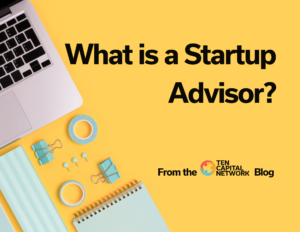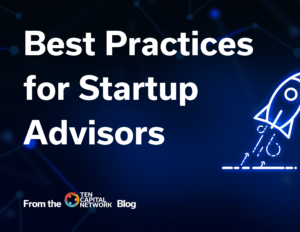
What is a Startup Advisor?
2 min read What is a startup advisor? Startup organizations often require guidance from those with more experience and connections in their prospective field. Many

2 min read What is a startup advisor? Startup organizations often require guidance from those with more experience and connections in their prospective field. Many

2 min read Being an advisor to startup organizations can be rewarding in many ways. Advisors can make a significant difference in a startup’s likelihood